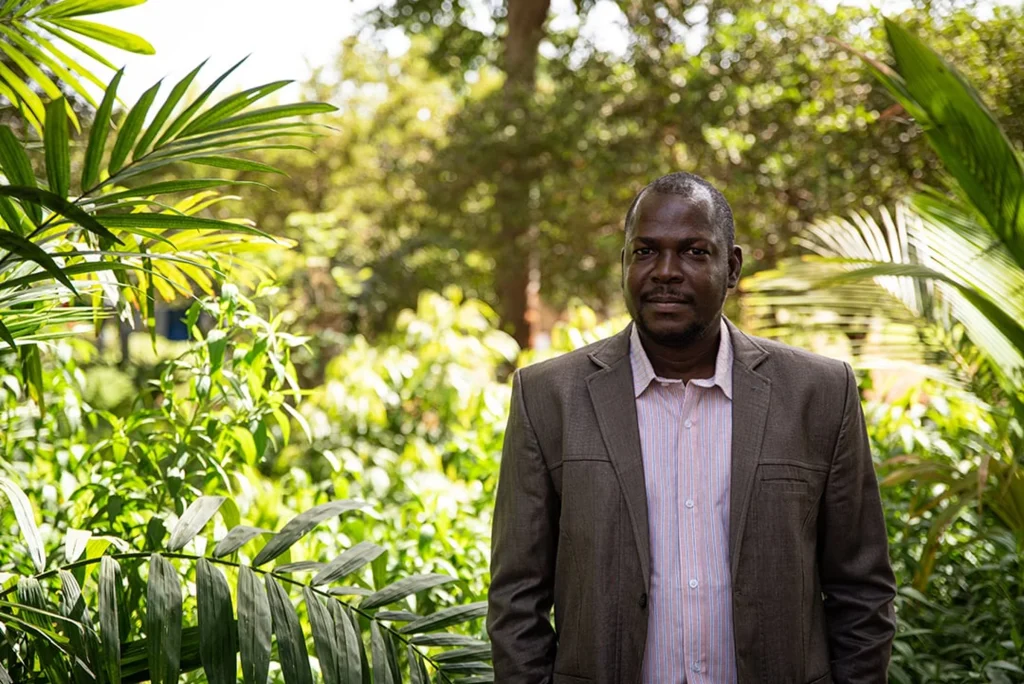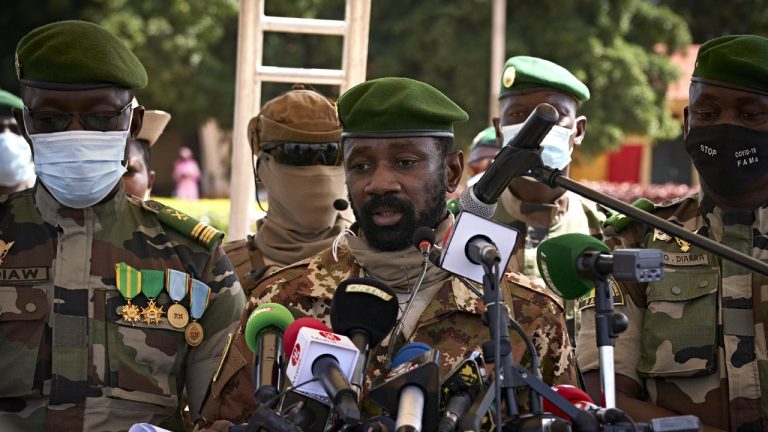Mali has sentenced a prominent Malian economist and professor, Étienne Fakaba Sissoko to two years in jail, one of which was suspended, for his criticism of the military junta. The University of Bamako professor was requested to pay a fine of 3 million CFA francs ($4,900).
Sissoko who has been held since March, was charged with libel and damaging the state’s reputation by sharing fake news. The charges are linked to a book he published last year, which he defended in court, saying the work was evidence-based.

Military rulers took power in August 2020 when then-President Ibrahim Boubacar Keïta was ousted in a coup after huge anti-government protests over his handling of secessionist attacks.
Sissoko’s lawyer, Ibrahim Marhouf Sacko, said he was “not surprised” by the judgement and would be filing an appeal soon.
AFP reports that the 41-year-old don was adviser to the late Keïta and spent several months in jail in 2022.
His work ‘Propaganda, Agitation and Harassment – government communication during the transition in Mali,’ prompted his arrest.
The book accuses the junta of using manipulation and “even lies” to influence public perception in its favour.
Earlier, Sissoko published a post on Facebook calling for elections to be held. The junta has faced criticism for reneging on agreed timelines for transitioning to democratic civilian rule. Elections due to be held in February were again postponed.
The military-led government has failed to adequately tackle the worsening terrorist insurgency, despite the reported deployment of Wagner group mercenaries and expulsion of UN peacekeepers.
Many citizens have also worried about the state of the country’s economy. Earlier this month, participants in what has been termed a “national dialogue” suggested the extension of the transition period by another three years.
Popular critics like social media influencer Rokia Doumbia and prominent activist Adama Ben Diarra were jailed by the junta last year.
In April, the junta also put all political activities on hold, while placing a media blackout on political reporting.


